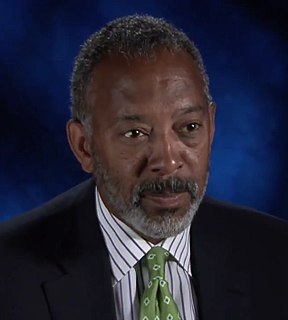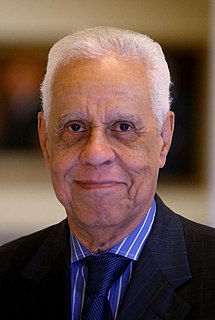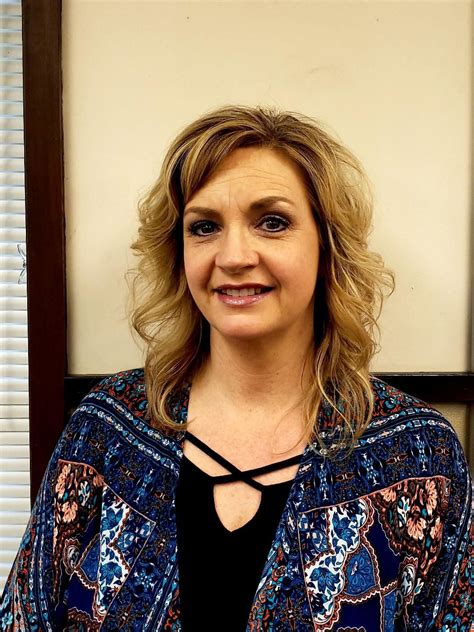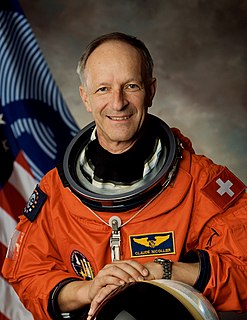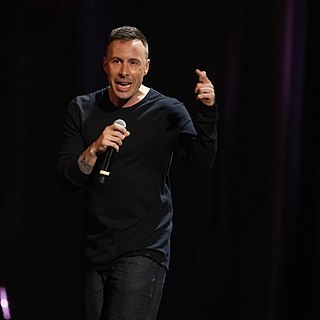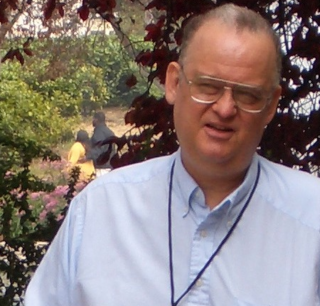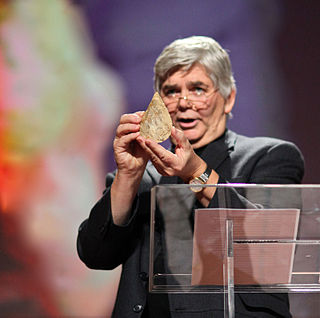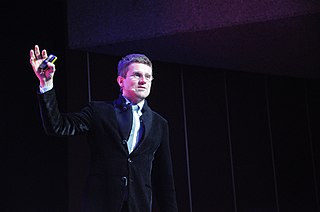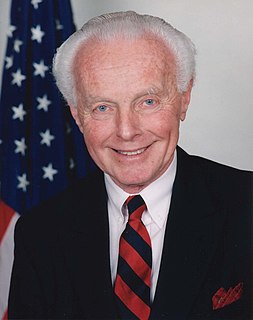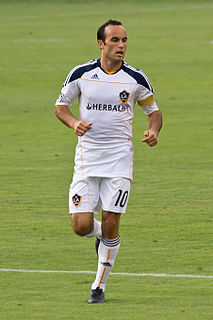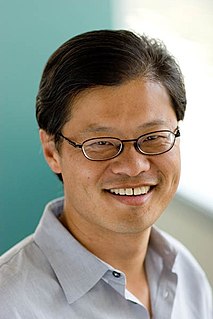Top 53 Sensors Quotes & Sayings
Explore popular Sensors quotes.
Last updated on April 15, 2025.
I pulled into the Grand Union parking lot and drove to the end of the mall where the bank was located. I parked at a safe distance from other cars, exited the BMW, and set the alarm. You want me to stay with the car in case someone's riding around with a bomb in his backseat looking for a place to put it?" Lula asked. Not necessary. Ranger says the car has sensors." Ranger give you a car with bomb sensors? The head of the CIA don't even have a car with bomb sensors. I hear they give him a stick with a mirror on the end of it.
As the world transitions to the Internet of Everything - where people, processes, and data are intelligently connected - we'll be linked in even more ways. Here, billions and trillions of sensors around the earth and in its atmosphere will send information back to machines, computers, and people for further evaluation and decision-making.
Most helmsmen would’ve been satisfied with a pilot’s wheel or a tiller. Leo had also installed a keyboard, monitor, aviation controls from a Learjet, a dubstep soundboard, and motion-control sensors from a Nintendo Wii. He could turn the ship by pulling on the throttle, fire weapons by sampling an album, or raise sails by shaking his Wii controllers really fast. Even by demigod standards, Leo was seriously ADHD.
I want to build a wired ocean that helps us take back the seas from poachers and illegal fishers. To do this, we need the latest technology applied to large pelagic fish and sharks, surveillance technology that helps protect marine protected areas, and tags that help prevent shark finning and illegal fishing. We must use modern sensors to help protect our seas!
The people who survive avoid snowball scenarios in which bad trades cause them to become emotionally destabilized and make more bad trades. They are also able to feel the pain of losing. If you don't feel the pain of a loss, then you're in the same position as those unfortunate people who have no pain sensors. If they leave their hand on a hot stove, it will burn off. There is no way to survive in the world without pain. Similarly, in the markets, if the losses don't hurt, your financial survival is tenuous.
I would love to see the world's space programs continue toward sending humans to an asteroid or to Mars, with, of course, a full plan in place to bring them back. That excites me. And one of the things that excites me most about space is that we can go up there and put spacecraft in orbit with sensors that will help us measure the health of our planet, which is becoming particularly important. Our planet needs to be observed.
Why does crime happen? Well, you might say that it's because youths don't have jobs. Or you might say that's because the doors of our buildings are not fortified enough. Given some limited funds to spend, you can either create yet another national employment program or you can equip houses with even better cameras, sensors, and locks.
Millions of us track ourselves all the time. We step on a scale and record our weight. We balance a checkbook. We count calories. But when the familiar pen-and-paper methods of self-analysis are enhanced by sensors that monitor our behavior automatically, the process of self-tracking becomes both more alluring and more meaningful.
Encourage dissent: Leaders should have associates who have contrary views, who are devil's advocates, "variance sensors" who can tell them the difference between what is expected and what is really happening, between what they want to hear and what they need to hear. There are too many naked emperors running around today.







